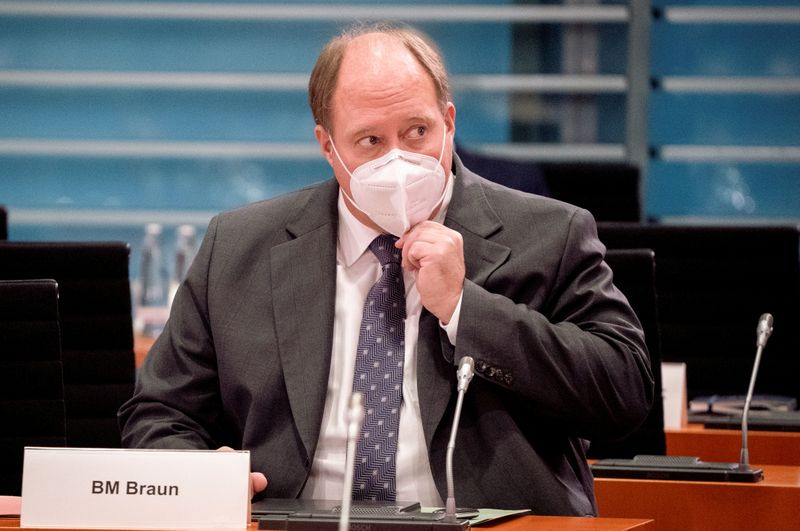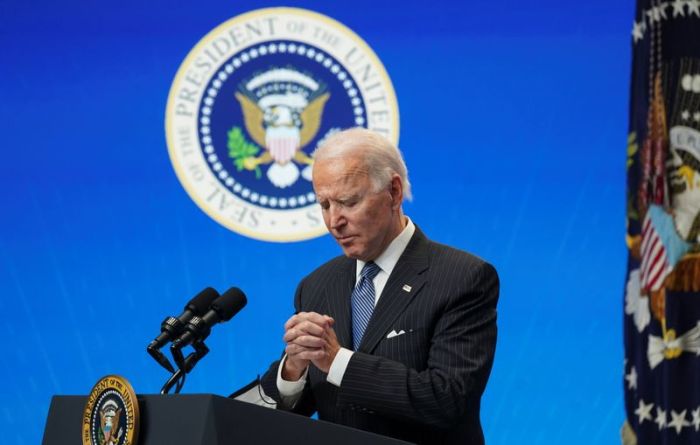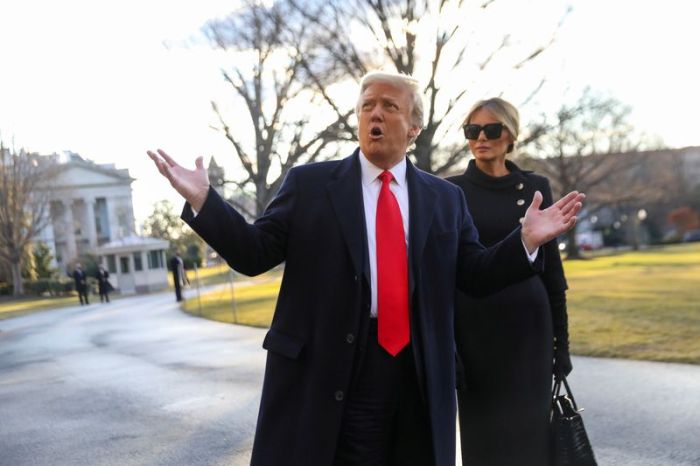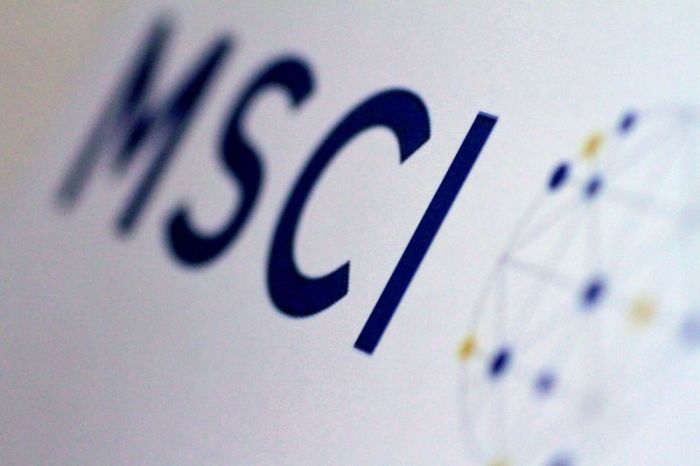BERLIN (Reuters) – Chancellor Angela Merkel’s chief of staff opened the door for continued deficit spending on Tuesday with a proposal to soften Germany’s debt issuance law, because Berlin would not be able to stick to the strict limits on borrowing for several more years.
Parliament used an emergency clause to suspend the law, enshrined in the constitution and normally restricting new federal borrowing to 0.35% of economic output, for 2020 and 2021 because of the COVID-19 pandemic.
Helge Braun’s comments, in an op-ed piece for business newspaper Handelsblatt, hinted strongly at moves within the government to carry on spending more freely once the coronavirus crisis – during which it has propped up the economy with unprecedented support packages – is over.
“The debt brake cannot be adhered to in the coming years even with otherwise strict spending discipline,” Braun wrote.
Braun suggested lawmakers should change the law to allow more debt to be issued for several more years, but there should be a “clear date” for the rule to be reinstated.
A government spokesman said Braun’s comment was his personal opinion that contributed to the wider debate, while several senior members of Merkel’s centre-right Christian Democratic Union (CDU) disapproved of it.
Armin Laschet, the new CDU leader and a front-runner in the race to become Germany’s next leader, distanced himself from the idea in a closed meeting of his party’s legislators, according to participants.
“The debt brake must stay,” Laschet was quoted as saying.
“TOO MUCH DEBT”
Eckhardt Rehberg, CDU spokesman on budget issues in the Bundestag lower house, said the party’s lawmakers viewed fiscal sustainability as non-negotiable.
“The cause of the euro zone crisis was not too little but too much debt,” Rehberg said, adding that limiting public debt was also a matter of fairness towards the next generation.
Markus Soeder, leader of the CDU’s Bavarian affiliate, told Die Welt newspaper any “permanent” suspension of the debt brake would send the wrong signal.
Finance Minister Olaf Scholz, who will be the Social Democrat candidate for chancellor in September’s national election, neither embraced nor rejected Braun’s proposal, saying there were several ways to address future budget challenges.
But Scholz also made clear he would continue to reject cuts in social welfare and that he wanted to keep public investments at record levels.
Berlin took on net new debt of 130.5 billion euros ($158.3 billion) in 2020, the highest annual borrowing in its post-war history. Scholz plans to increase that to up to 180 billion euros this year.
Sven-Christian Kindler, chief budget lawmaker of the opposition Greens, said a reform of the debt brake to increase public investment was long overdue.
Polls suggest the Greens are on course to become the conservatives’ junior coalition partner following the September elections, when Merkel will stand down as chancellor.
Scholz will present a proposal for next year’s federal budget in March, but the final say on its composition will go to the parliament and coalition government that emerge after the election.
($1 = 0.8243 euros)
(Reporting by Michael Nienaber and Andreas Rinke; editing by John Stonestreet and Gareth Jones)



















